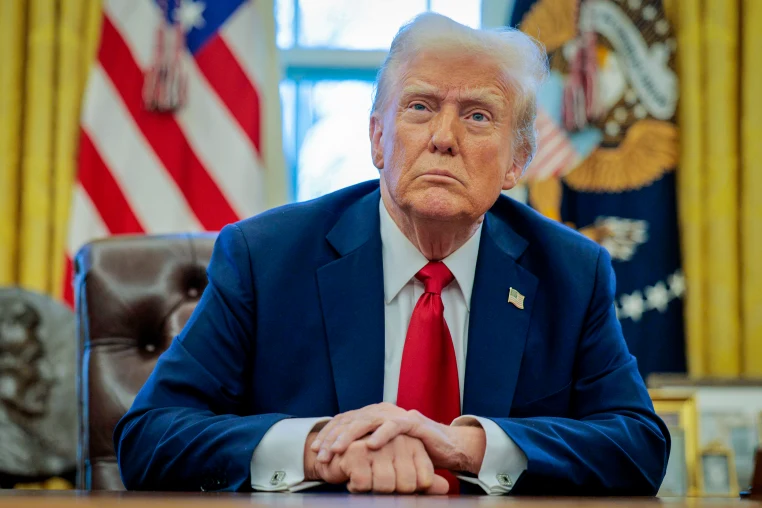Starting January 1, 2026, people sending cash remittances abroad from the U.S. will be hit with a 1% tax, part of the newly signed One Big, Beautiful Bill Act (OBBBA).
Why it matters
The tax affects millions of people—including immigrants, green-card holders, and U.S. citizens—who send money to family and friends abroad.
The measure is expected to raise up to $10 billion over 10 years, helping offset tax cuts and fund immigration enforcement.
How it works
- The 1% excise tax applies to:
- Cash-based remittances (e.g., through money transfer operators)
- Money orders and cashier’s checks
- The tax does not apply to:
- Transfers via U.S. banks
- Debit or credit card-funded transactions
- Some licensed remittance providers approved by the U.S. Treasury
Who it affects
- U.S. citizens, visa holders, undocumented immigrants—anyone sending cash overseas
- Common remittance destinations include Mexico, India, the Philippines, Nigeria, Ghana, and El Salvador
What they’re saying
- Supporters say it could help deter illegal immigration and ensure everyone contributes to public revenue.
- Critics warn it will hurt low-income migrant families, potentially drive money transfers underground, and impact economies that depend heavily on remittances.
The bigger picture
The U.S. is one of the largest sources of remittances globally, sending over $70 billion annually. The new tax could have ripple effects on global economies and deepen scrutiny over formal and informal money transfer channels.
What’s next
Advocacy groups are expected to challenge the tax in court, and some remittance providers may seek exemptions through Treasury-approved programs.










